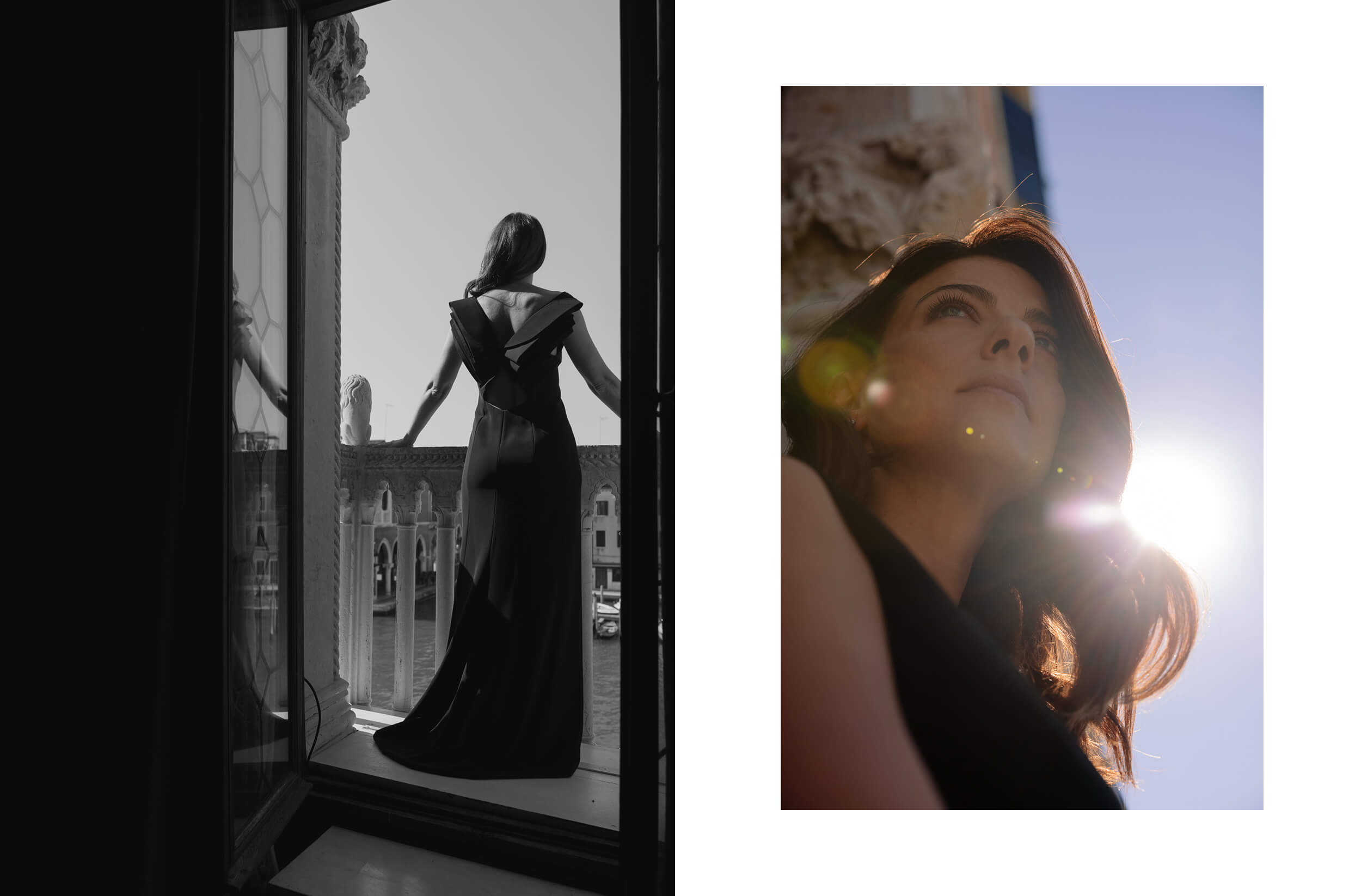A story about time, how fast it runs, the wrong use we make of it, and how we should learn how to capture it instead, and take advantage of it as far as we have the chance to. Because there’s nothing and no one able to give back to us the moments we lose and the occasions that we let slip off our hands. “Still Time”, available on Netflix from March 16th, is quite straightforward about this, in a mixture of fantasy and concreteness: the effects of stress, distraction, and work when it suffocates the rest of our life, the present moment that lasts one instant but, if we don’t participate with all ourselves, it vanishes, piling up in a series of years that trespass us without our consent.
In this tale about the “incubation of time”, Barbara Ronchi plays Alice, an illustrator, and a dreamer, who cares about time way more than her husband Dante (Edoardo Leo), who finds himself celebrating seven of his birthdays in one-day time. A symptom of time flying, literally, for once.
Passing through these thoughts, we’ve moved on to “La neve coprirà tutte le cose”, a short movie by Daniele Babbo presented at Rome’s Film Festival in the section Alice nella Città. Here, Barbara plays a woman dealing with infertility, showing how little we know about our body, how little we talk about our body, and how we find ourselves dealing with its complexity and preciousness only in extreme situations such as illness.
Barbara talked with us about cinema, seriality, and the priorities we all should learn to identify in order to live peacefully and never be lonely, the opportunities that we need to seize and cherish because “we don’t know how much time we have”.
Life getting out of hand, and regrets consequently tormenting us: this anxiety is the plague of our time, and it’s the focus of “Still Time”. Did this film rise new awareness in you? Did it suggest any new way to face it all?
The thought of time getting out of hand is connected to the fastness of the quality of our time, to the fact that we want to fit much more than what is possible to fit into one single day. The best and longest days are those when I feel like I have all the time in the world.
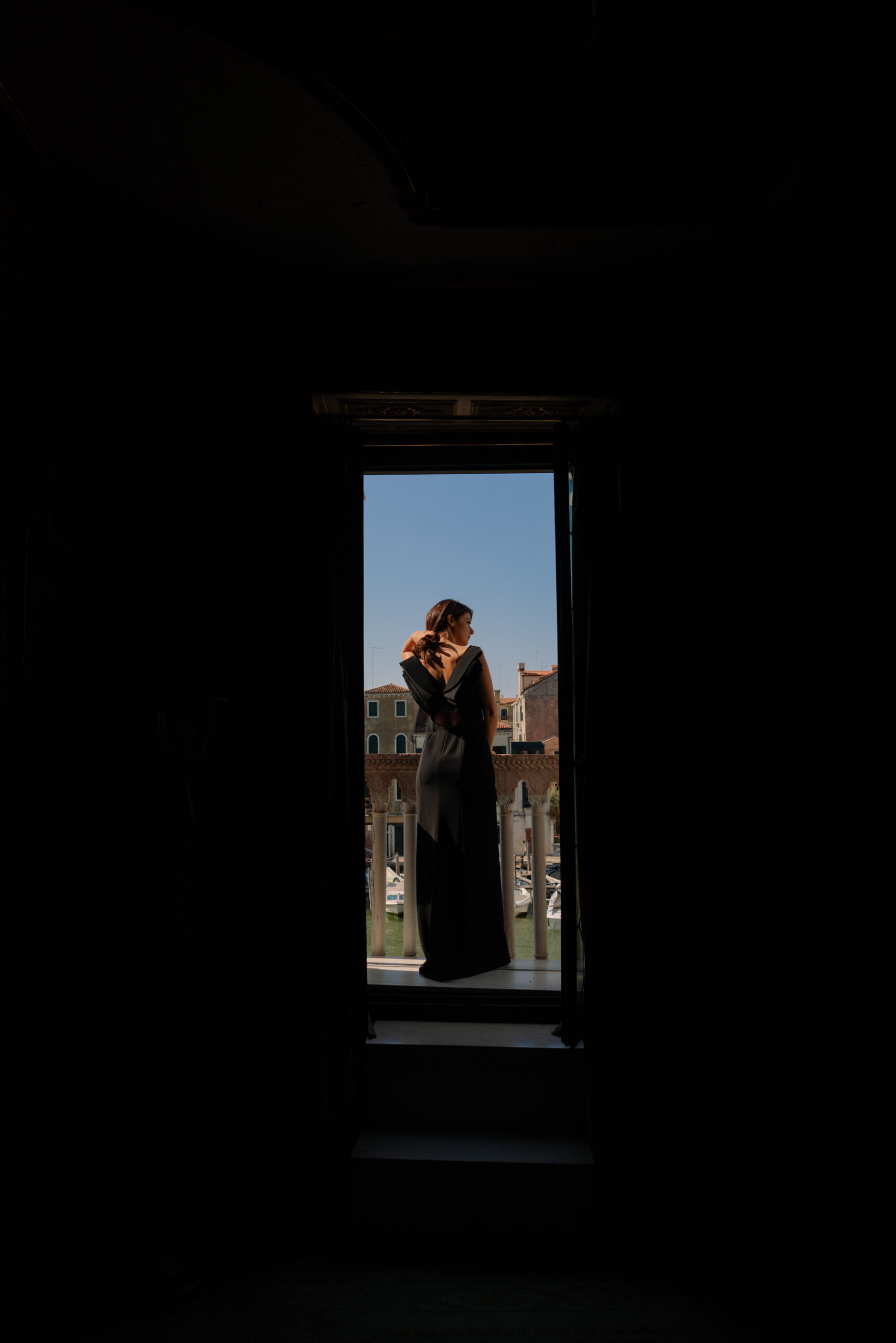
Alice, your character, seems to be the one who can get the best out of life, tasting it with the most appropriate calm, knowing how to distinguish the priorities and the most appropriate moments to devote to the most appropriate things. What do you envy in her and what do you resent her for, instead?
Alice’s time is one linked to drawing, she can have a “calm time” for the incubation of ideas and a sudden speed for their realization; I like that she can handle her work time, she can erase, change her mind, let herself be influenced by the music she listens to and a book she’s reading. I resent her for never having been selfish in a healthy way in her relationship with Dante – that’s something that saves you from feeling less important to someone else.
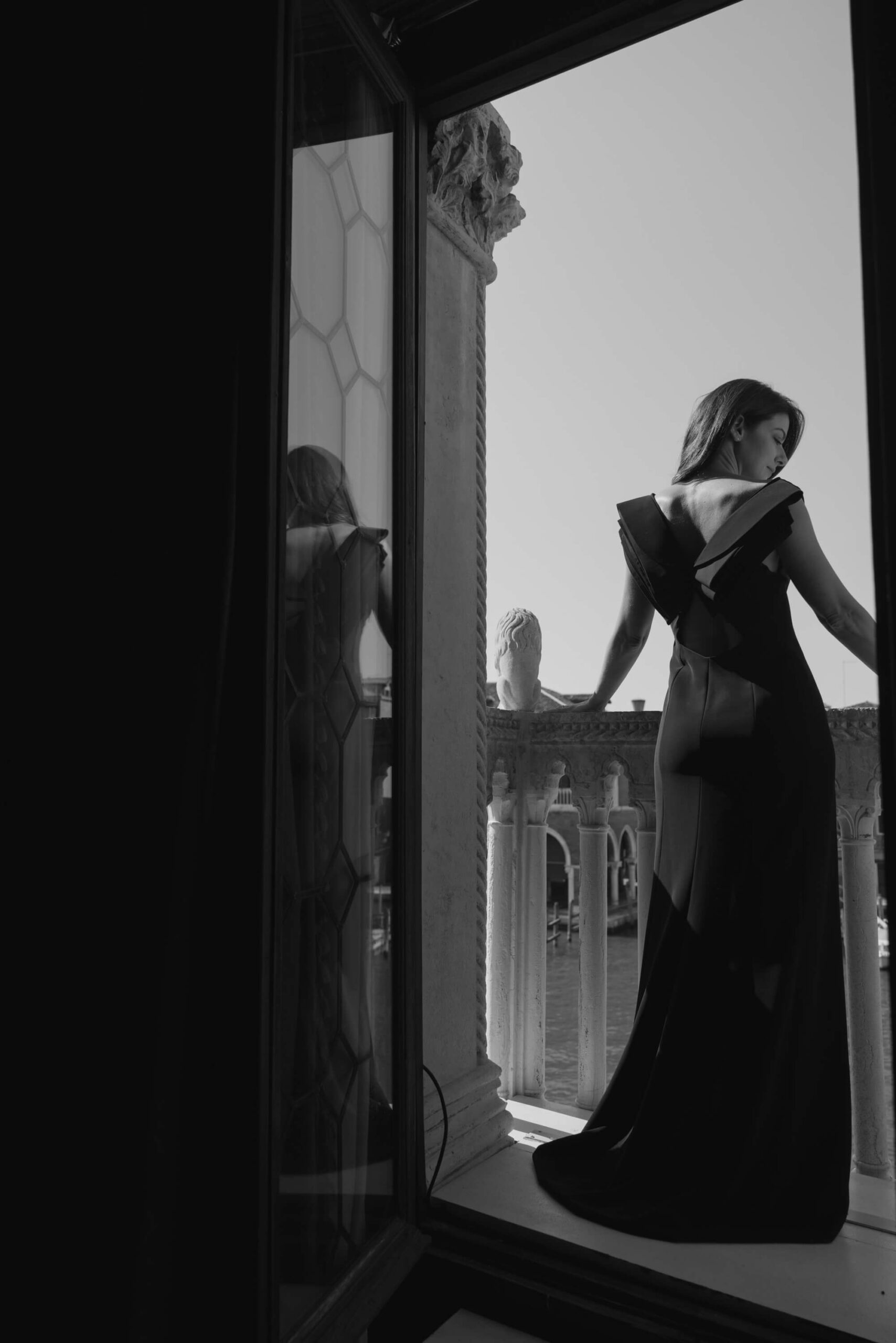
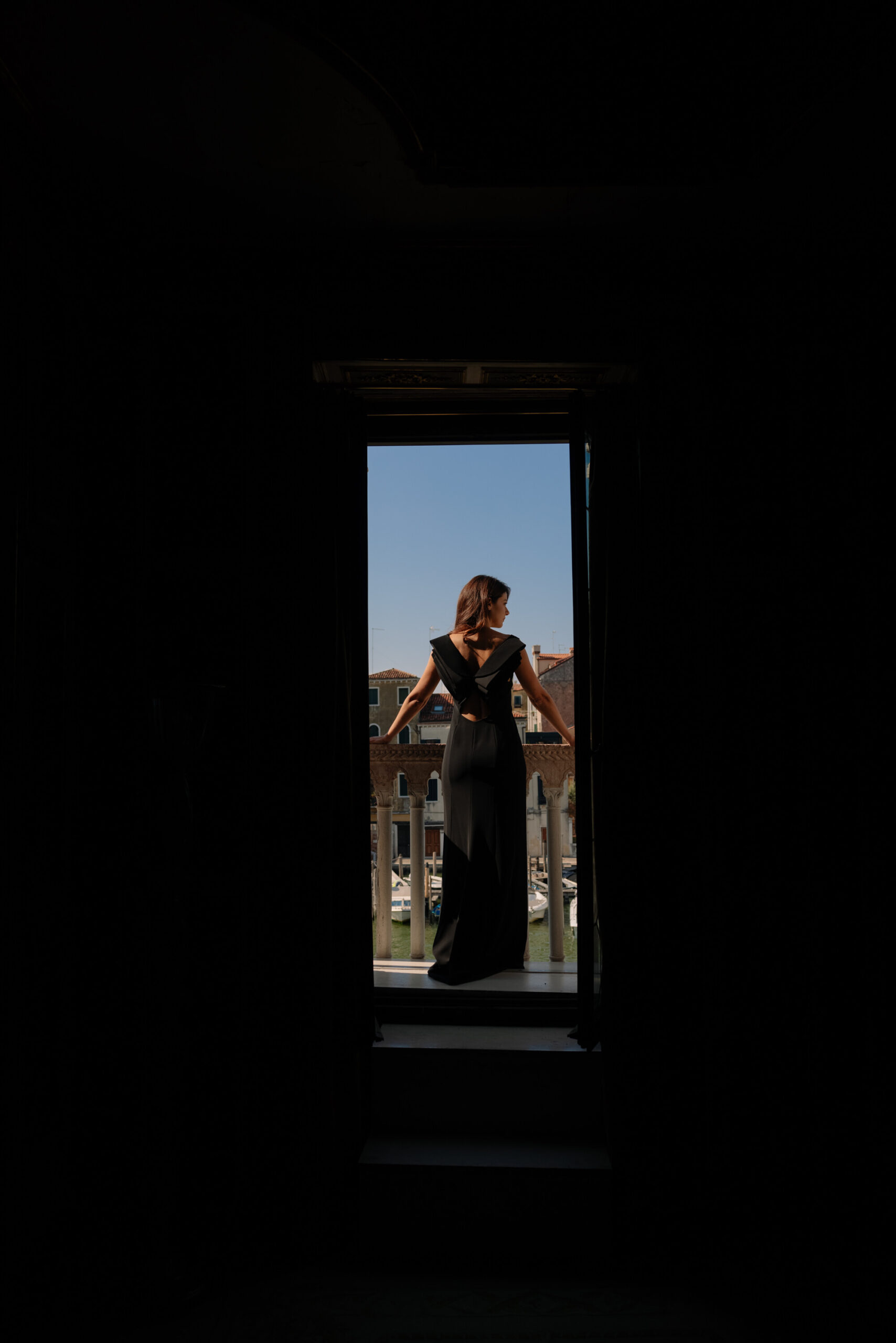
“Still Time” guards us against the consequences of being overwhelmed by our daily duties and obsessing over the thought of what we have to do tomorrow or in a week or in a month: in this way, life passes by without us really living it. Can you think of a specific example, a moment of your life that you’ve let passively pass by?
At some point, I realized that I’d given for granted the love from some people – when you’re busy with your job, you don’t realize that other people’s time is as precious as yours and more than yours and you need to cherish it. Even in our job, there are fast tracks, so you need to choose what to prioritize otherwise the risk is that you lose so many people over time.
So, we’re talking about time, which is something that we can’t control, and the anguish that comes from this. Are there any other “modern diseases” that concern you?
I’m scared of haters and those people hiding behind a keyboard to express their hate against someone else. Everyone is free to express themselves, but it’s all about the way you do it. If we tried to be a bit more empathetic towards others, we could develop kindness instead of rage.
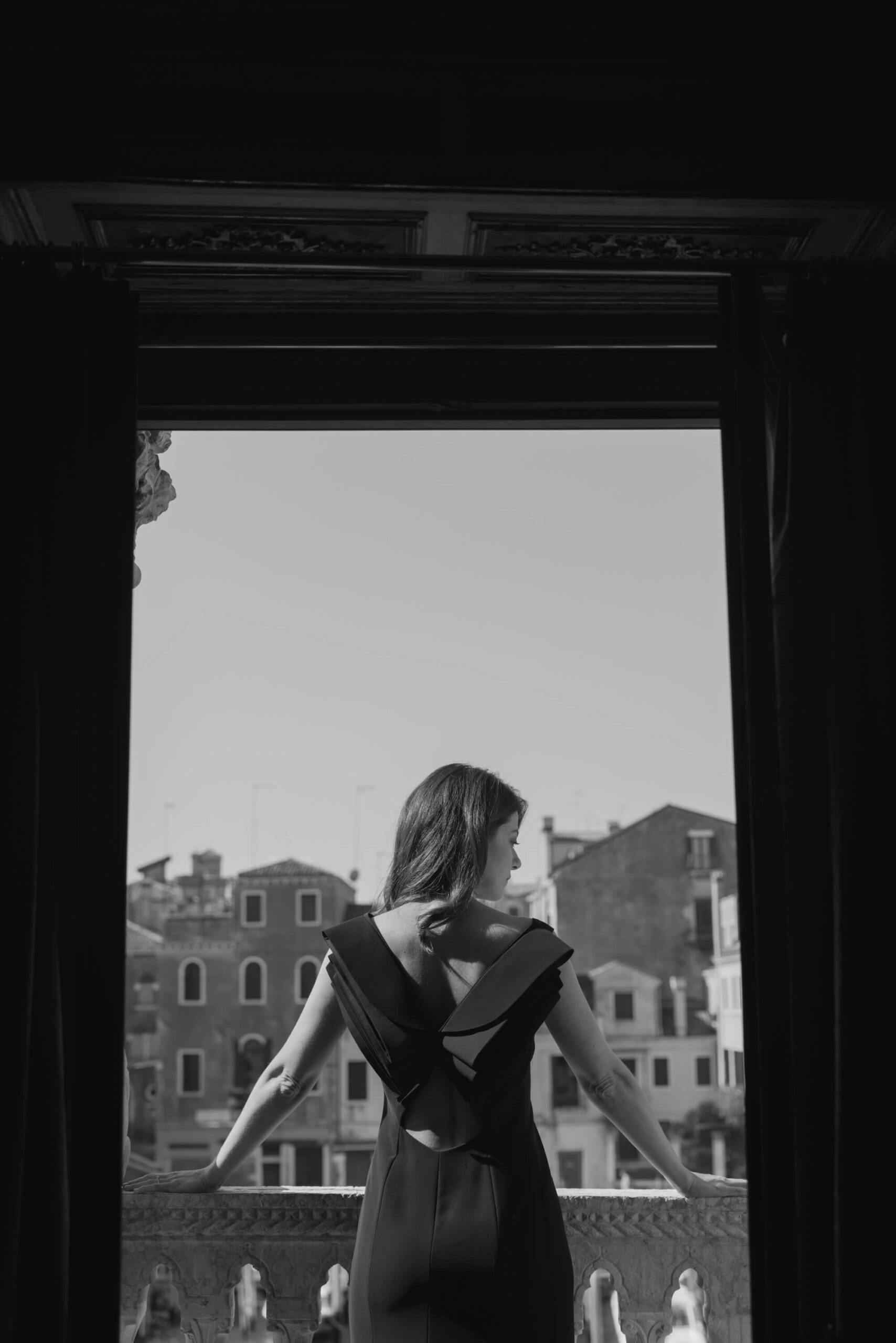
“Other people’s time is as precious as yours and more than yours and you need to cherish it.”
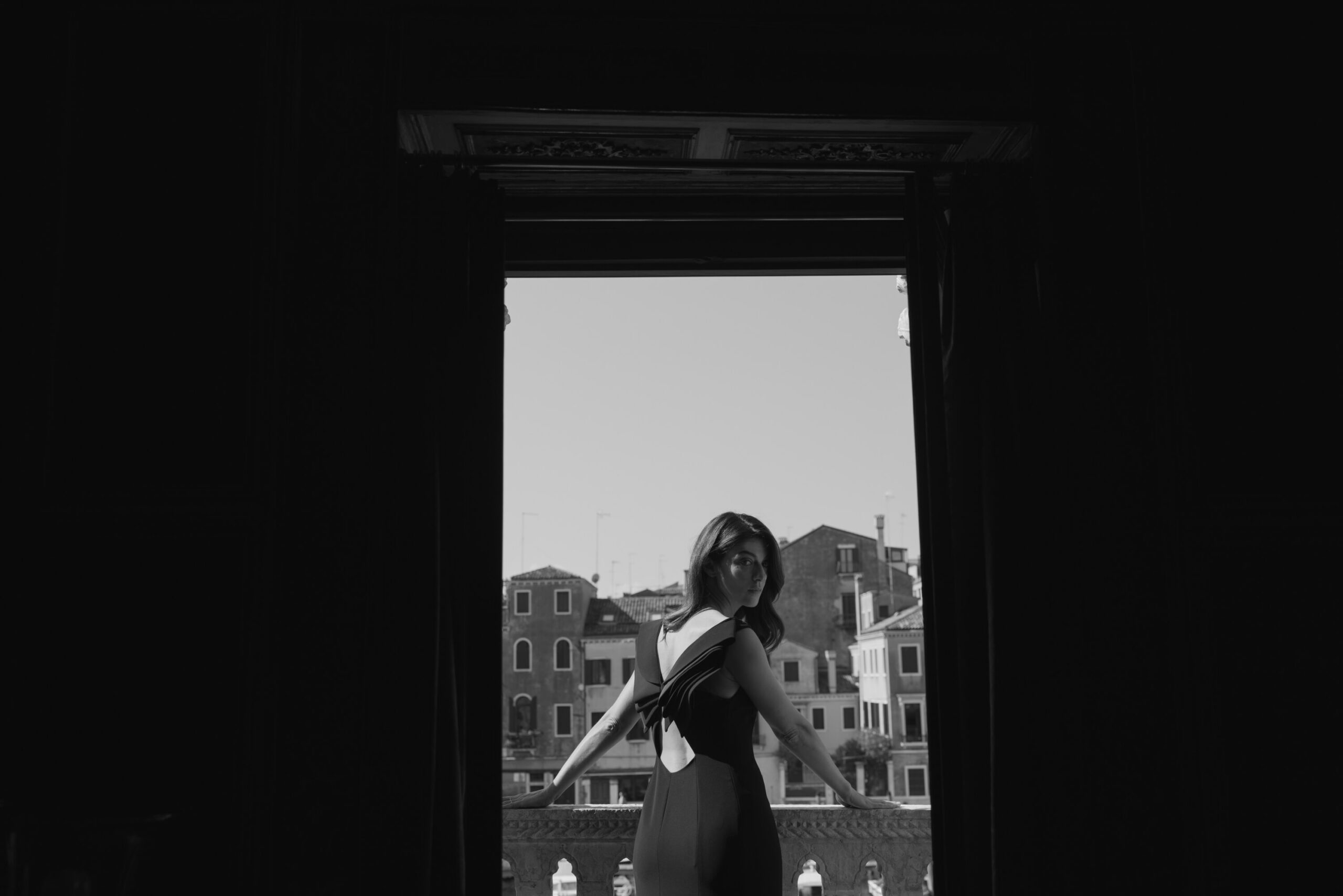
Is this the kind of story you like to tell? Stories of humanity, relationships, ordinary life? Or are you rather more “with your head on the clouds” like Alice, who chooses to call her daughter like a character from “The Lord of the Rings” and sometimes she looks like she comes from one of her drawings?
“Still Time” is a story that impressed me a lot because, in a science fiction way, it tells an illness of our times, our habit to burn our present time in order to have more time in the future. But we can’t predict the future, we don’t know how much time we have, and that’s why every day deserves to be lived and not burned. I’m much more similar to Dante rather than Alice, so many lines Edoardo Leo says in the movie are things that I could have said myself in real life.
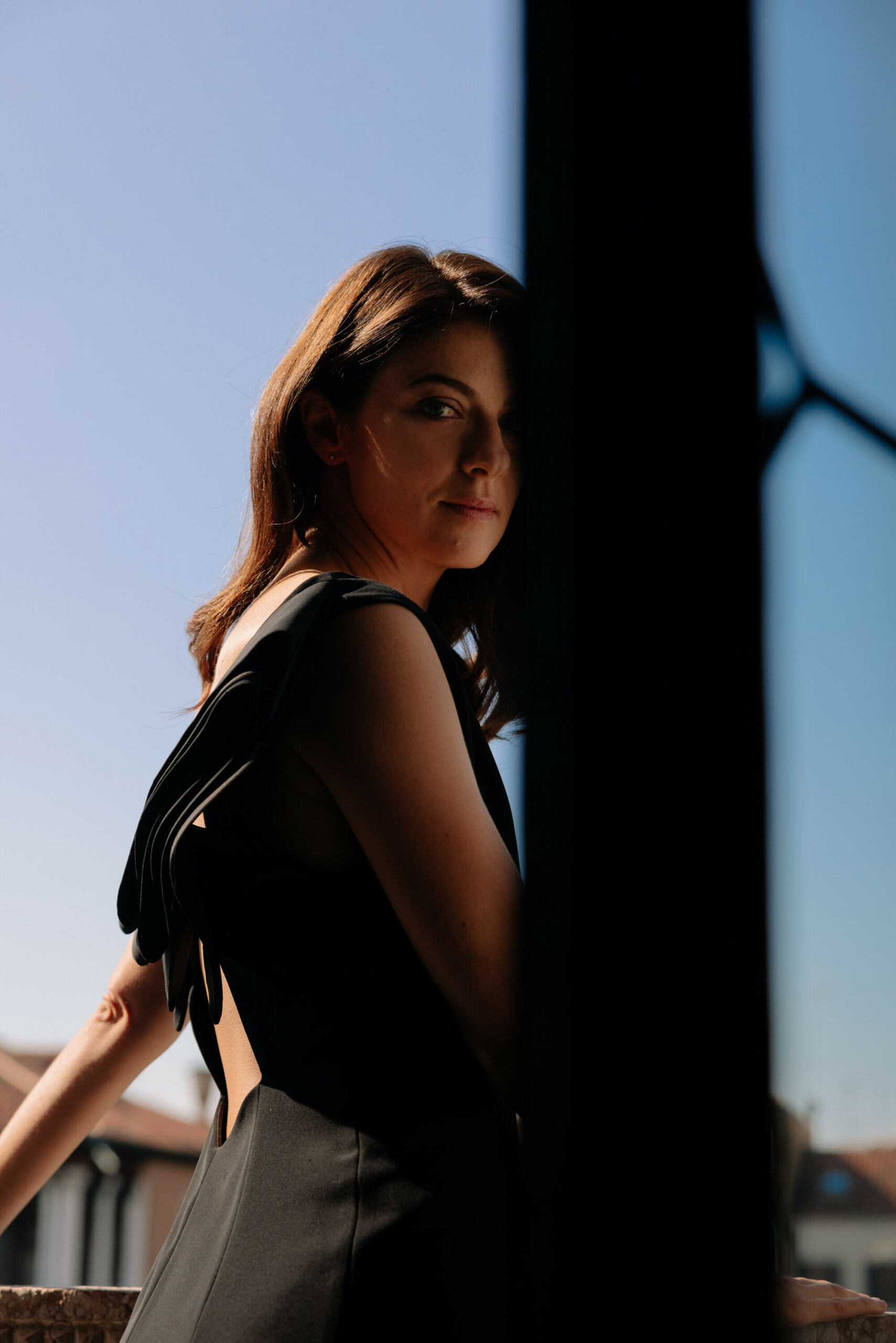
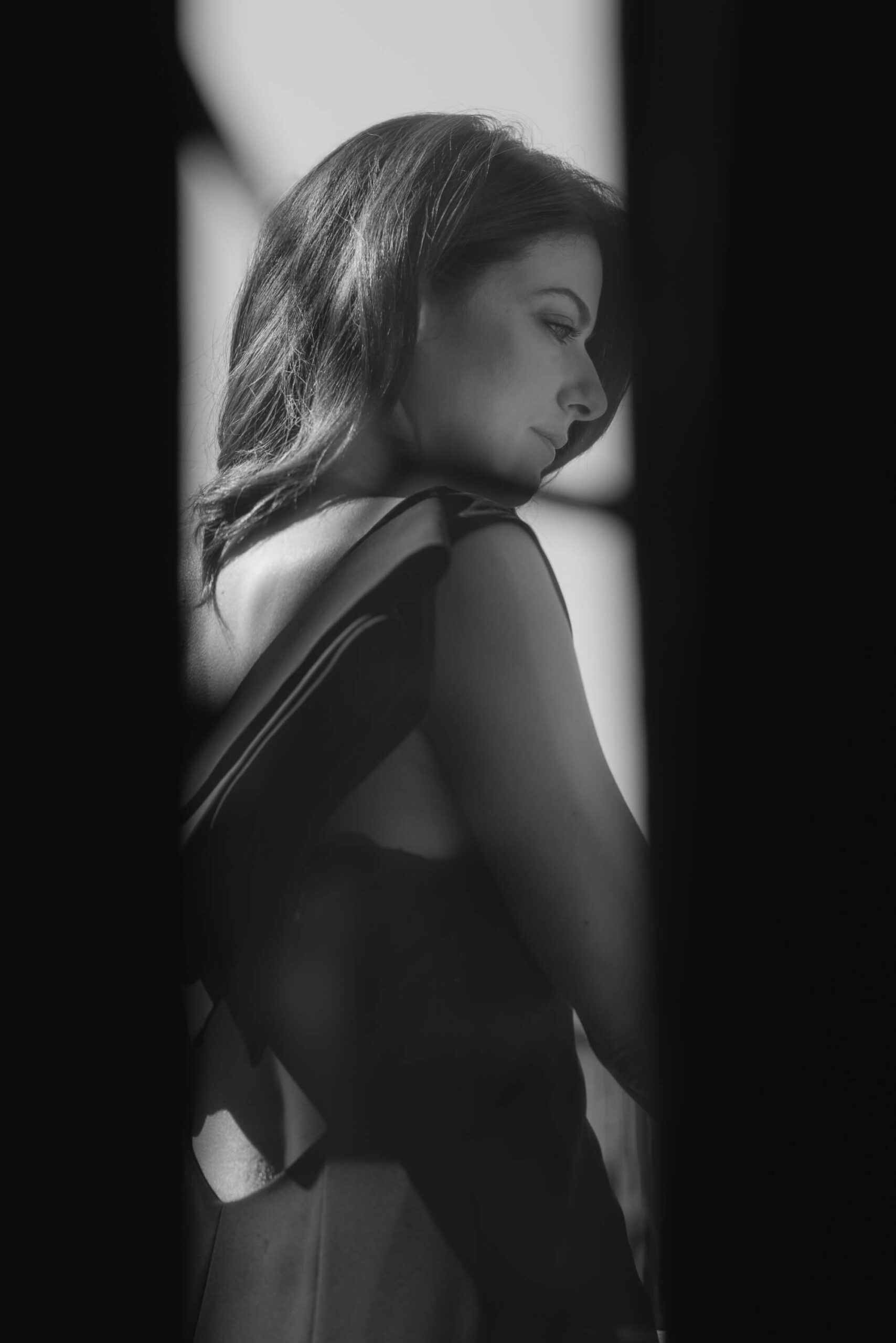
Flipping the cards now: if you, like Dante, were to find yourself in a time loop forcing you to live six years in one day, what period of your life would you sacrifice? Which one, instead, you’d never want to be accelerated?
I’d be happy to skip my middle school years and go straight to my high school days, with the manifestations, school assemblies, and student rallies, film clubs, first lives, and first theater labs. They’ve been amazing years.
What makes you stay rooted in the present?
The birth of my nephew, the wedding anniversary of my parents, my son’s birthdays, and the vows of friends of mine that are so in love. There are some moments that should be frozen, important moments that we’ll never come back. I want to be in those pictures, I don’t want to see them in an album and ask, “Where were you in this one?” as if I were a long-lost relative.
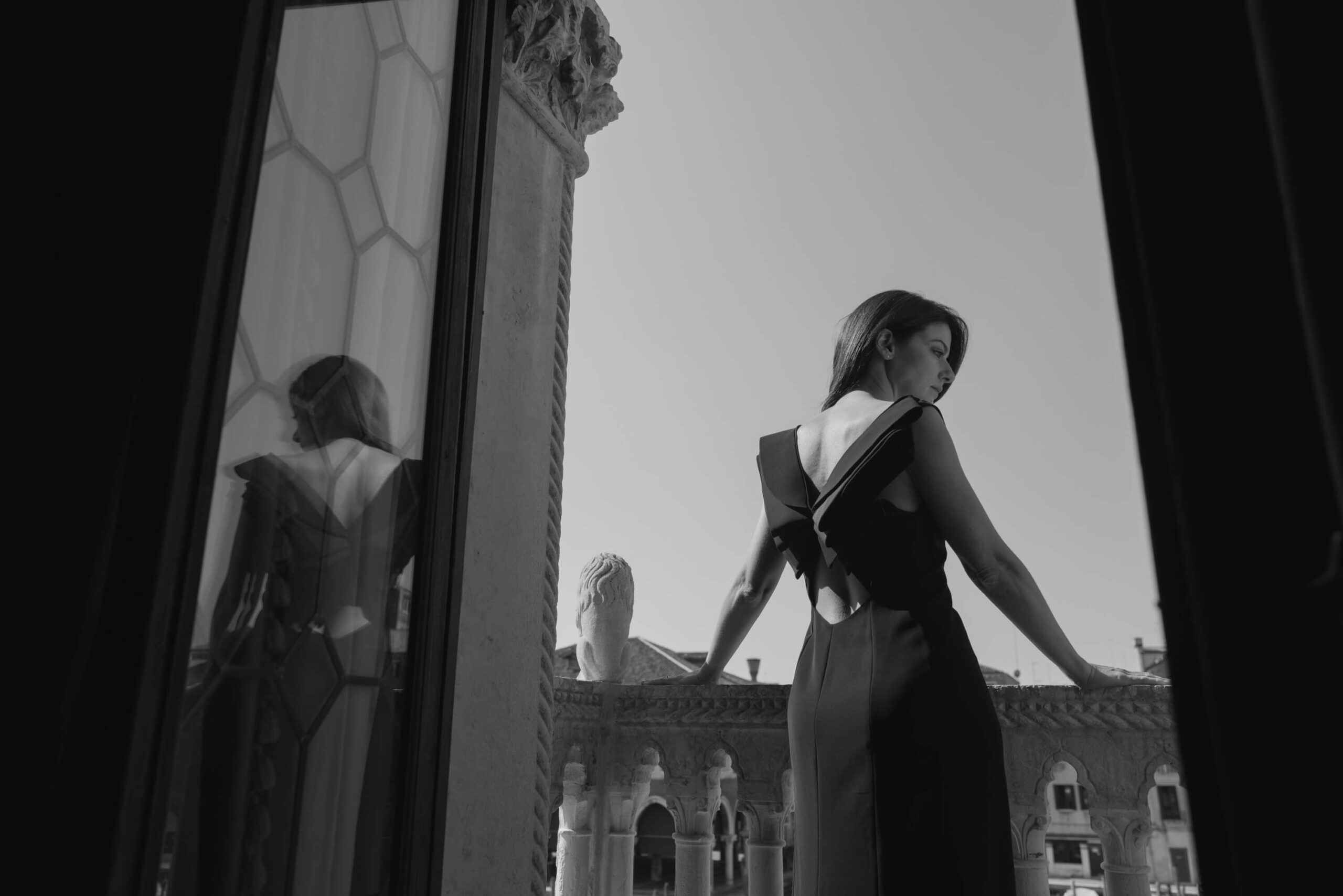
You’re also the protagonist of “La neve coprirà tutte le cose”, a wonderful short film presented in the Alice della Città section at Rome’s Film Fest this year. It’s Daniele Babbo’s directorial debut, written by Annachiara Pipino, and it deals with the delicate theme of infertility and how to face it, especially on a level of relationship dynamics. What brought you to this project? What touched you about this story?
I’d seen “I Truffatori”, Daniele Babbo’s documentary which really impressed me, and some mutual friends told me about him and this project, so I instantly felt a strong connection to it. There’s a universal thought behind the idea of this short film, the wait that every couple desiring a child feels, and your own solitary fear that this doesn’t happen. Not everything can be instantly shared with your partner, there are things that need to stay secret, especially when it comes to pain, at least for a little while.
“Do you know your body?” asks Chiara, your character, while talking to her husband about how little we’re taught about it, growing up, both by parents and society in general. If only the taboos about the human body and sexuality were taken down once and for all, how do you think the perception of ourselves and others would be different, as well as our way of facing life, especially the often “stigmatized” themes like infertility?
Unfortunately, we only really discover our bodies when we need to, often when it comes to illness, to understand how our body moves, and how it reacts. If only we got a little better educated preventively, we could be readier and more aware of how we work, and we could see further paths earlier on.
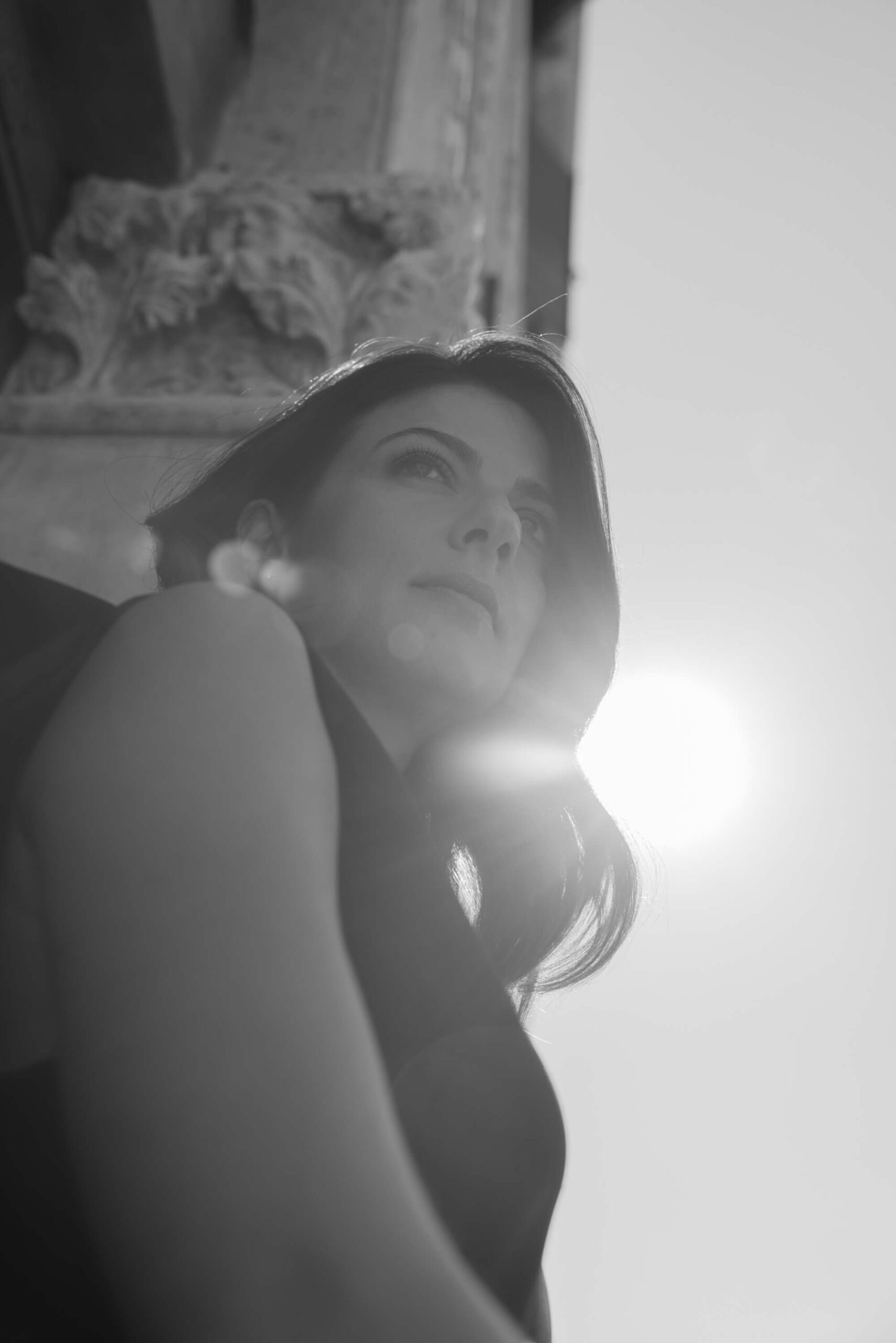
“Not everything can be instantly shared with your partner, there are things that need to stay secret, especially when it comes to pain…”
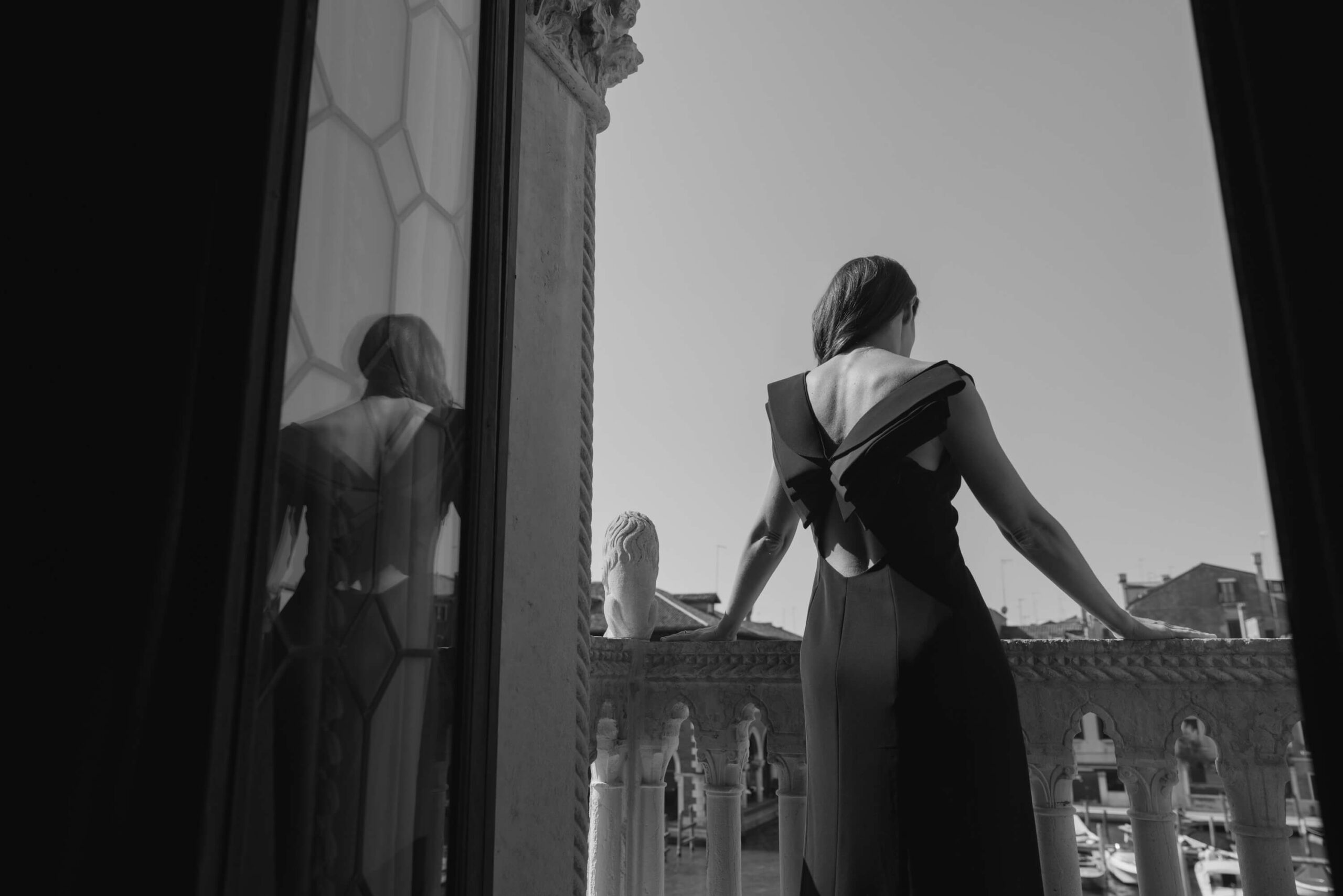
The actors’ job keeps you in touch with so many different emotions and people. What’s the latest thing you discovered about yourself thanks to a character you played?
That when they take away the most precious things from you, all that’s left not to lose your mind is protecting your dignity in pain.
Personally speaking, cinema is my passion, I’ve always wanted to be a part of this world in one way or another, but only behind the scenes because I’ve never been self-confident enough to be on camera or anything like that. But is self-confidence the key to doing this job, in your opinion? Do you always feel comfortable on camera? Was it love at first sight?
My history with the camera is every theater actor’s history, the history of all those actors that have done theater academic studies and have no idea of what it’s like and why it’s important to measure spaces for frames or hit your scene partner to make them get some light, or get wide angles and narrow angles. I only knew what a close-up was and didn’t understand jargon at all, but when you’re on set no one has time to explain these things to you, and even though some big-hearted person tries to do it, you don’t really instantly get it, you need to learn on your own, making a thousand mistakes and slowing everyone down.
That’s how things go, but the more movies you shoot, the more you learn.
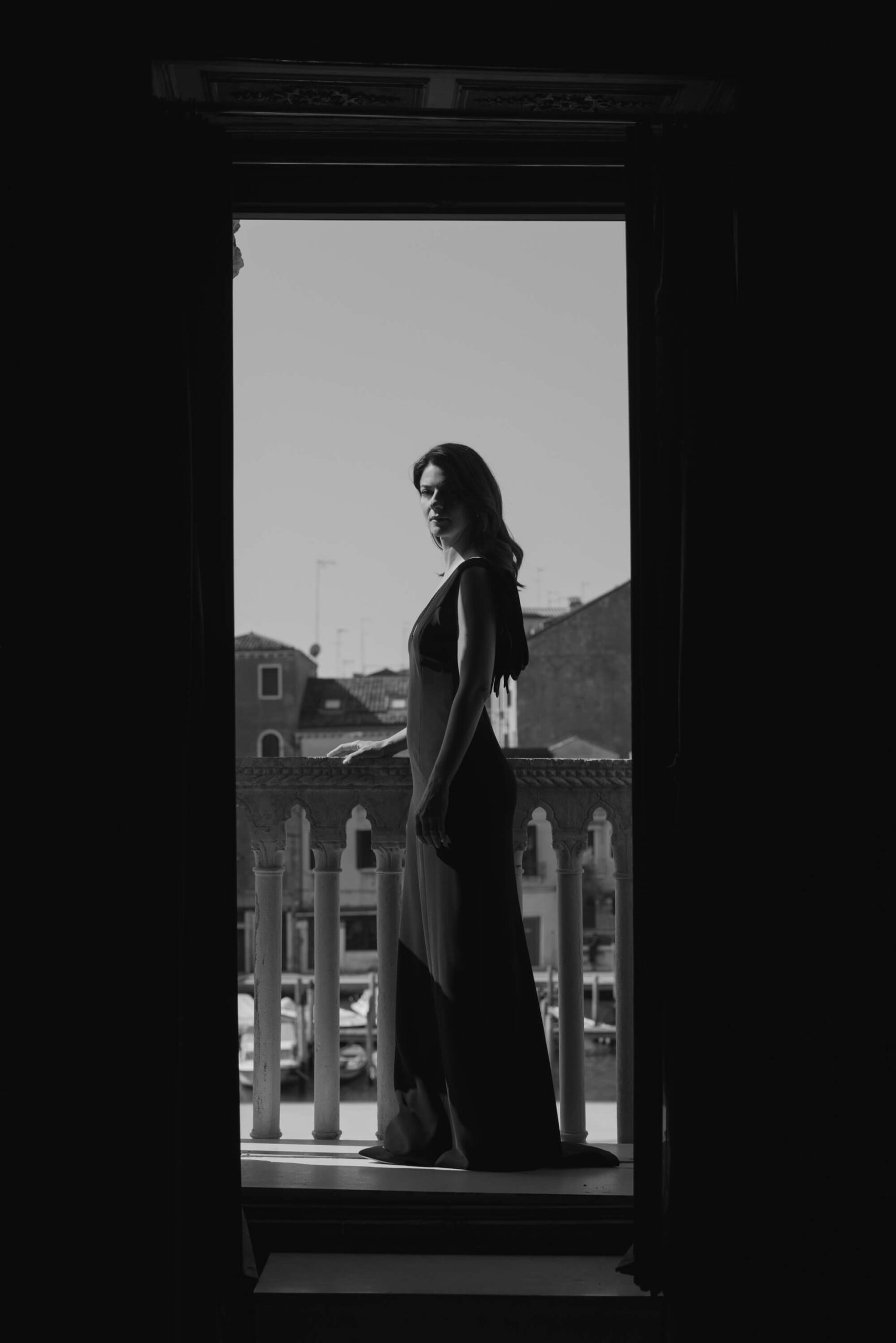
I, as a cinephile, have my own rituals: I spend the Oscars’ night up to watch the live ceremony, I watch a movie or at least one episode of a TV show every night before bed, and I go to the cinema every Sunday afternoon. What are your own cinephile rituals?
I watch a movie every night, I make a list of the ones I want to watch and thick it every time I get to watch one. I go to the cinema in the morning, I watch the matinées at 11 o’clock, in the Troisi hall, after taking my son to school, or in the early afternoon; at night I’d feel too bad if I went out after having been out to work the whole day, I only want to be with him.
What are you reading right now? And what are you watching?
I’m watching “The Bear” and I’m reading “The Art of Joy” by Goliarda Sapienza.
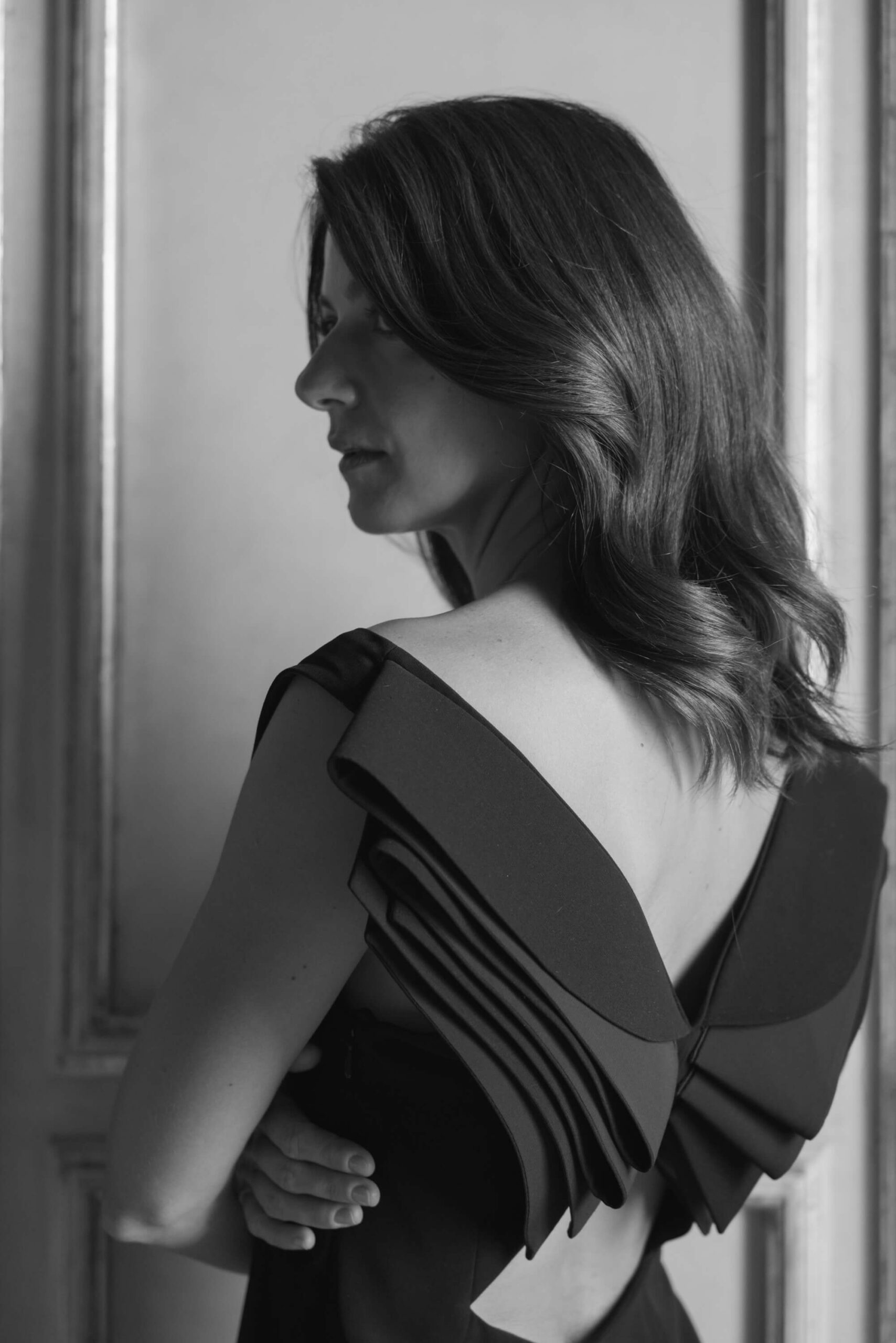
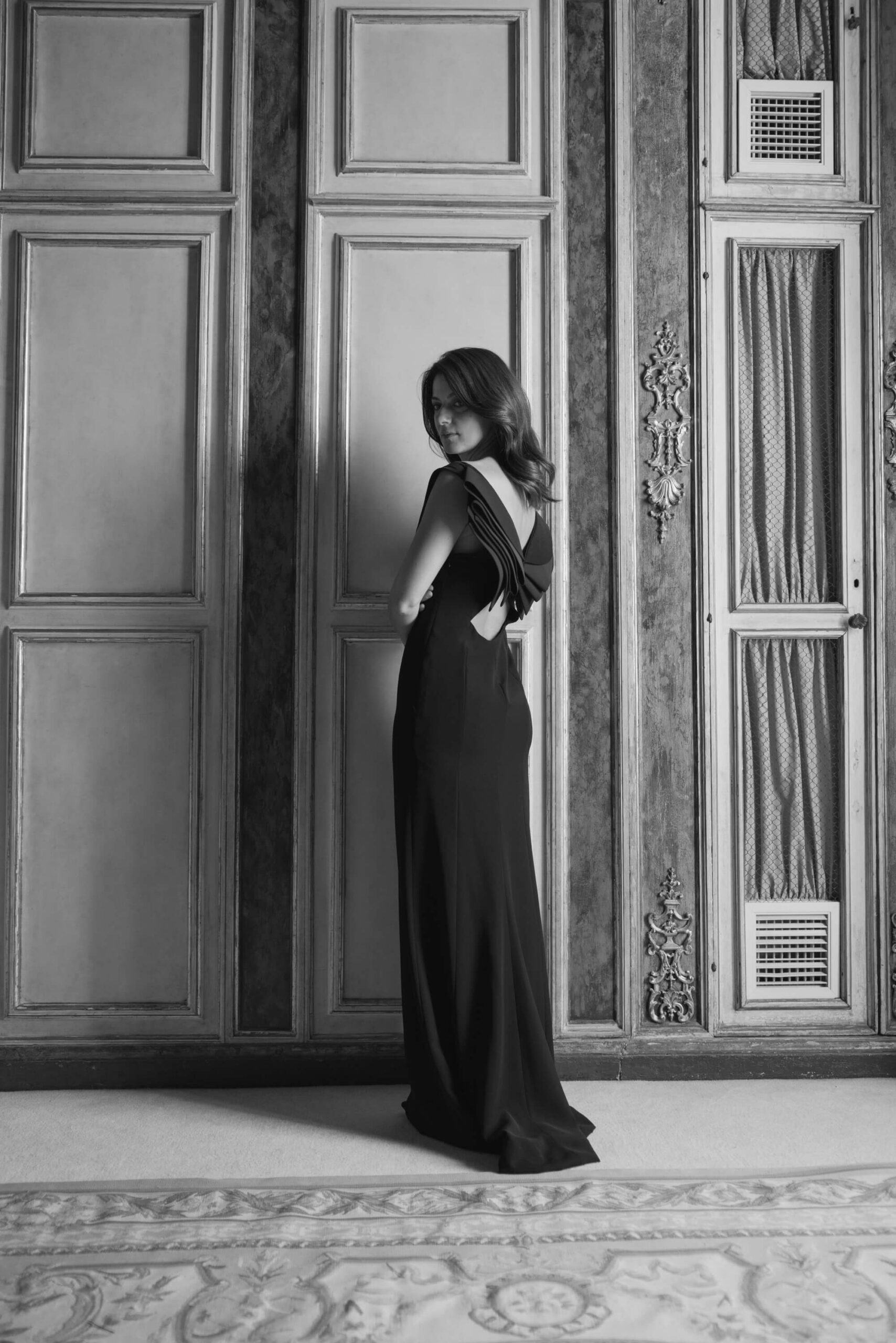
There’s a sentence that I often like to quote, from one of my favorite novels, “The Catcher in the Rye”, which is about home and the fact that every home has its unique smell, and Holden, speaking of his own home’s smell, for example, says: “It isn’t cauliflower and it isn’t perfume – I don’t know what the hell it is – but you always know you’re home.” What’s “home” for you? What’s the element that makes it such?
For me, home is where my son and my partner are, we live a nomad life but as soon as we’re together, even a hotel room becomes home.
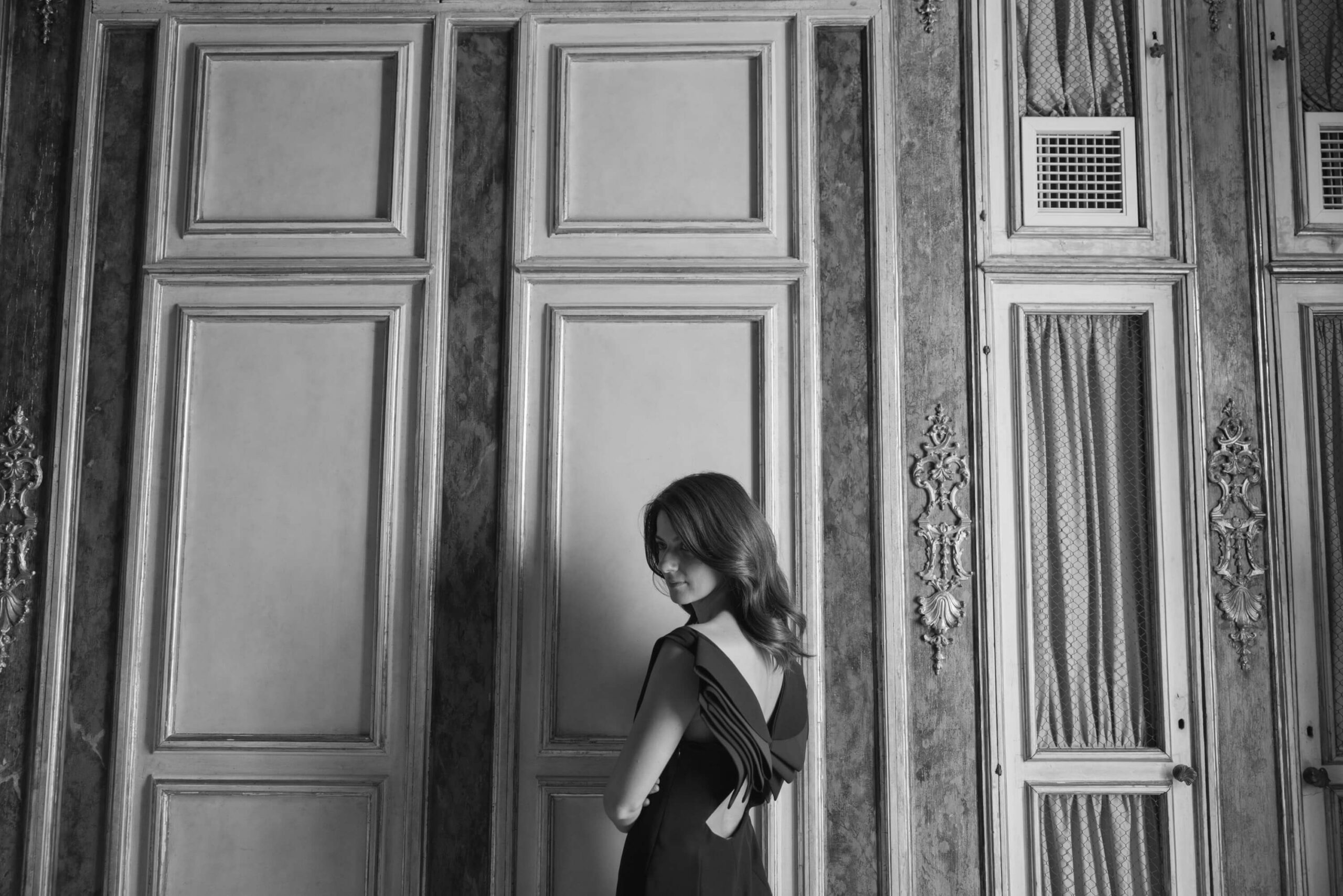
Photos by Johnny Carrano.
Thanks to Armani Beauty.
Styling by Vanessa Bozzacchi.
Total Look: Armani.
Thanks to Other srl.

